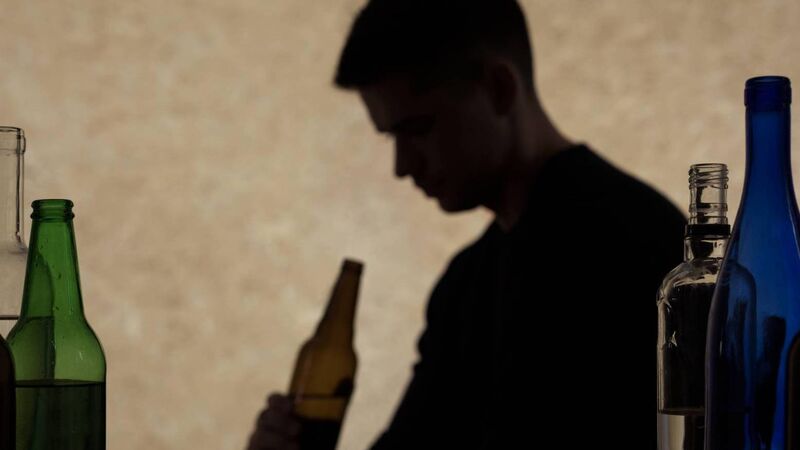Cork man in treatment urges problem drinkers to, 'seek help before it gets worse'

Nationally, 8,163 cases were treated for problem alcohol use in 2023, the highest number in over a decade.
Treatment was provided for more than 650 cases of problem alcohol use in Cork last year, new statistics show.
A new report by the Health Research Board (HRB) shows that nationally, 8,163 cases were treated for problem alcohol use in 2023, the highest number in over a decade.
In Cork, however, where 5,707 people have sought treatment for alcohol over the last seven years, numbers decreased by 3% in 2023 compared to 2022, though the report notes that participation in the reporting system is not uniform across Ireland.
Commenting on the new report, Brian Duncan, South-West manager for Coolmine Therapeutic Community, said that they saw a slight decrease in people identifying alcohol as a main problem compared to 2022.
“In 2022, 20% of people identified cocaine as their primary drug, in 2023 it was 25% — almost all these people would also be using alcohol,” he said.
The HRB report shows that nationally, one in four cases reported using another drug along with alcohol, with cocaine the most common additional drug, more than doubling since 2017.
Treatment
One Cork man who completed three months of treatment in 2023 told The Echo: “When I went to treatment, I thought that I would still be able to drink after it, if I gave up cocaine.
“It’s much easier to blame drugs because nobody is supposed to do drugs anyway, but you’d be protecting the drink, thinking: ‘How could I ever go to events again without it?’.
“But in treatment, almost instantly I realised drink was my main problem — it leads to everything else. Any time I have taken cocaine, I’d always have alcohol in my system first.
“I’m clean nearly 18 months now, and I don’t think of drugs; if I have a craving it’s always drink, but if I took a drink it would instantly lead to everything else.”
Mr Duncan said: “With cocaine use, people tend to hit a crisis quicker due to a combination of financial and mental health issues, this means people reach out for help younger.
“A person’s alcohol use is more likely to have been problematic for quite some time by the time they reach out, and people with just alcohol addiction are more likely to present again for treatment at a later date.”
He added that “alcohol has been, and continues to be, by and far the most significant problem substance across society — close to half to all presentations to services are in relation to alcohol, that can be missed because it’s seen as so socially acceptable and it’s legal”.
Rise
The report detailed a rise in the amount of alcohol consumed and the frequency of alcohol consumption, with 51.5% of the total number treated in Ireland in 2023 having consumed alcohol daily.
Mr Duncan suggested that people drinking at home could be a factor in this.
“People started drinking at home during covid, and the price of drinking out has gone up,” he said.
“When people are drinking at home, there’s no closing hours or restrictions; and once it becomes habitual for someone, they’re more likely to drink every day.”
The Cork man who spoke to The Echo said that this had been his experience.
“Covid was the first time I drank at home, I always would have went out before; then after covid I’d go out, but I’d be dying to get back home,” he said. “You can’t kick yourself out of your own house for drinking too much.”
He advised anyone struggling to “seek help before it gets worse”.
“If you think you might have an issue, you definitely do — even if you only feel like that after a binge or bender, then three days later you think you have no problem with drink.”










 App?
App?


